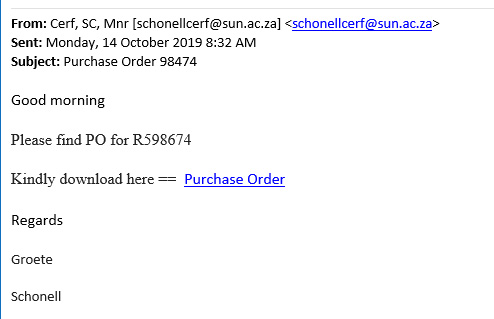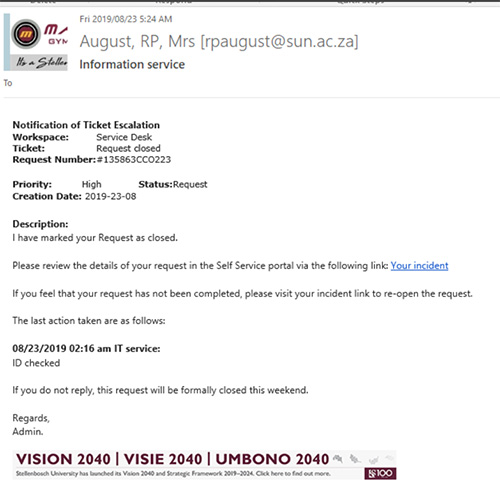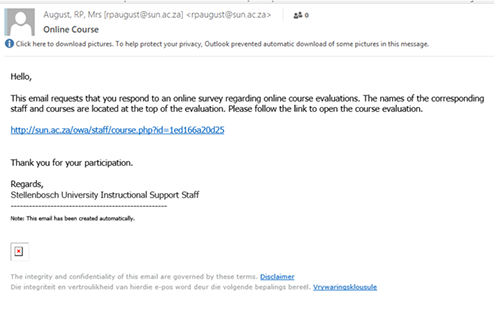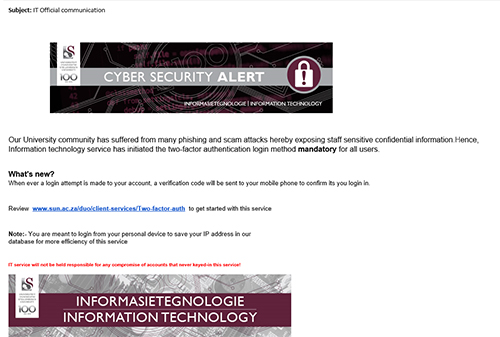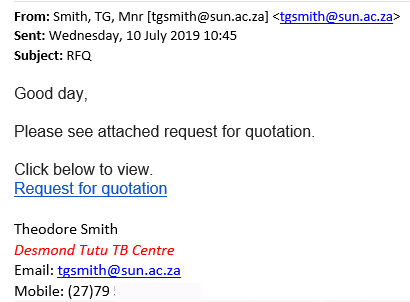[:en]
 eVA (eduroam Visitor Access) is a new service which enables higher education and research institute visitors to access the secure and trusted eduroam Wi-Fi network. As additional identity management tool, eVA is a platform where visitors who only need temporary internet access can be registered in a simple and secure manner.
eVA (eduroam Visitor Access) is a new service which enables higher education and research institute visitors to access the secure and trusted eduroam Wi-Fi network. As additional identity management tool, eVA is a platform where visitors who only need temporary internet access can be registered in a simple and secure manner.
What is it?
eVA provides a mechanism that allows authorised staff at eduroam participating institutions to sponsor a visitor and issue temporary credentials to that person for a defined period. Designated eVA admin can determine who is eligible to sponsor visitors, and how long those visitors may gain access.
How does it work?
If you are interested in using eVA to register your department’s visitors, please log a request on the ICT Partner Portal. To simplify matters, this could typically be the same contact person as for SUNid and only one person per department or division.
Note that your line manager has to approve your request before we can assign you rights. Approval can also be done on the ITC Partner Portal.
What are the benefits?
- No other, additional registration, for example SUNid, is necessary to use this service.
- Ease of use. Manuals and instructions are available online.
- Visitor rights can be managed and limited.
- Access expires automatically after the selected set date.
- Records can be tracked and audited.
[:af]
 eVA (eduroam besoekerstoegang) is ’n nuwe diens wat besoekers aan hoër onderwys- en navorsingsinstellings in staat stel om toegang tot die veilige en sekure eduroam Wi-Fi netwerk te verkry. As addisionele identiteitsbestuurmiddel, is eVA ’n platform waar besoekers aan Universiteit Stellenbosch wat slegs tydelike internettoegang benodig op eenvoudige en veilige manier kan registreer.
eVA (eduroam besoekerstoegang) is ’n nuwe diens wat besoekers aan hoër onderwys- en navorsingsinstellings in staat stel om toegang tot die veilige en sekure eduroam Wi-Fi netwerk te verkry. As addisionele identiteitsbestuurmiddel, is eVA ’n platform waar besoekers aan Universiteit Stellenbosch wat slegs tydelike internettoegang benodig op eenvoudige en veilige manier kan registreer.
Wat is dit?
eVA verskaf ’n meganisme wat gemagtigde personeel by eduroam-instellings toelaat om ’n besoeker te begunstig en tydelik regte aan toe te ken vir ’n spesifieke tydperk. Aangewese eVa-administrateurs kan bepaal wie geregtig is om besoekers te bestuur en hoe lank besoekers toegang kan kry.
Hoe werk dit?
Indien jy eVA wil gebruik om jou departement se besoekers te registreer, teken asseblief ’n versoek aan op die ICT Partner Portal. Om administrasie te vereenvoudig, kan die eVA kontakpersoon tipies dieselfde persoon wees wat SUNid ook hanteer en verkieslik ook slegs een persoon per departement of afdeling.
Neem net kennis dat jou lynbestuurder jou versoek moet goedkeur voordat jou regte toegeken kan word. Goedkeuring kan ook op die ICT Partner Portal gedoen word.
Wat is die voordele?
- Geen ander, addisionele registrasie, byvoorbeeld SUNid, is nodig om dié diens te gebruik nie.
- Maklik om te gebruik. Handleidings en volledige instruksies is aanlyn beskikbaar.
- Besoekers se regte kan bestuur en beperk word.
- Toegang verval outomaties na ’n verkose datum.
- Rekords kan gehou en geoudit word.
[:]


